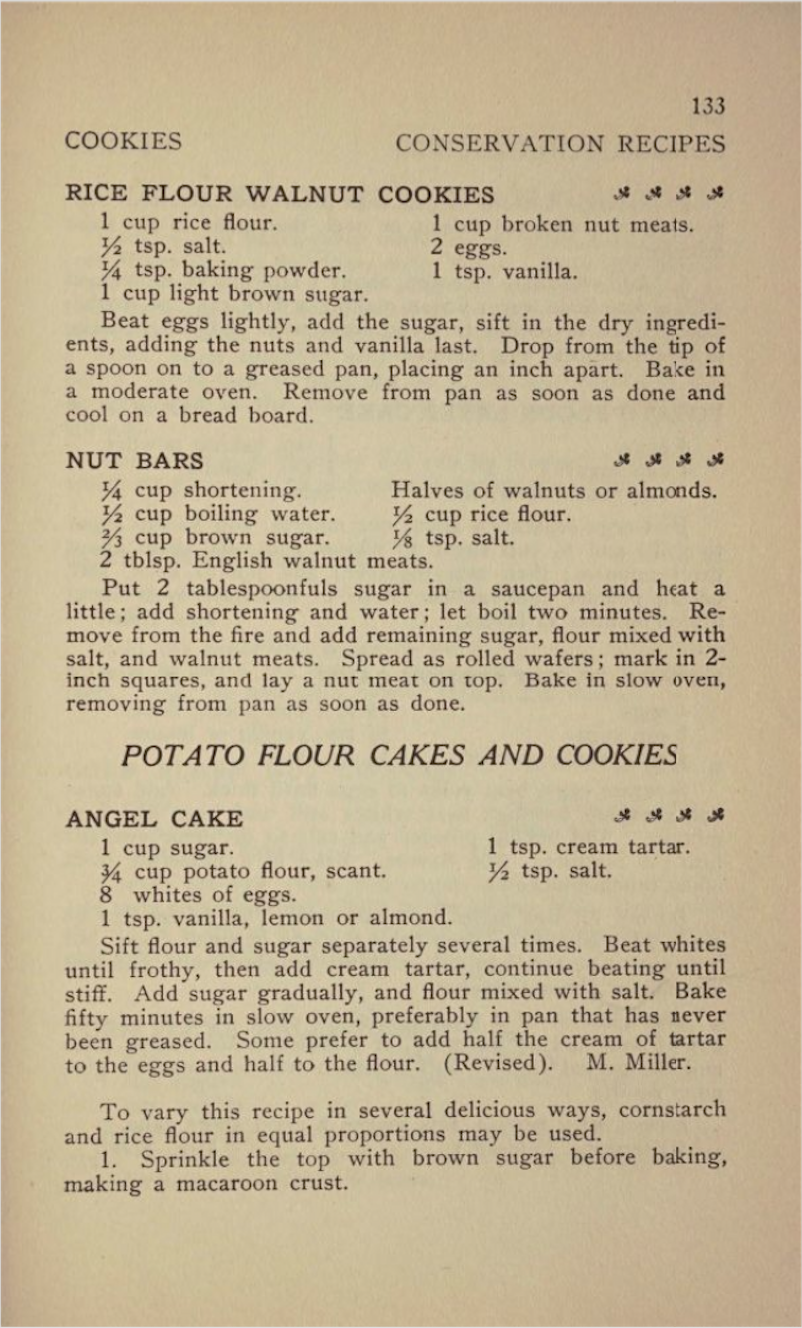More Work for Mother: The Ironies of Household Technologies From the Open Hearth to the Microwave
by Ruth Schwartz Cowan
First posted January 2018
After seeing this book referenced a half-dozen times and being unable to borrow it from the NYPL, I simply bought it.
Worth it, as it is a foundational text for labor. Any time whisking eggs whites comes up in conversation, my mind instantly goes to labor, scarcity, and perceived value.
There’s a parable that I heard recently that sums this book up pretty well: frog soup. You can’t just drop a frog into boiling water, as it will leap right back out. But if the water starts out cold, and the heat is ever-so-gradually increased, before the frog knows it there is no more frog and no more water but a pot of soup. The gradual slide into chaos is simply unrecognizable from the inside.
More Work for Mother can be broken down into a number of constituent parts, each a synecdoche on its own, but my favorite bit of “soup” is the vacuum cleaner.
Such is the tale: before, cleaning the rugs required someone physically strong—typically the husband—to lift and carry heavy rugs. Then, someone with much energy and more spare time—typically the child(ren)—beat the rugs. The remaining task, sweeping the area where the rug once lay, was left to the wife. En totale, the work of cleaning a rug was very intense, and rarely done: spring cleaning was once-a-year—the spring, duh—for a reason. But now, oh, now, in this wonderful atomic future, the rugs, they must be clean, because it is ever-so-simple to flip the switch and push the electronic sweeper around a bit. Guess who gets to run the vacuum while the rest of the household is excused from the lifting and the beating? Well, yes, it is mother! And what chores supplanted lifting the rugs or beating the rugs while mother vacuums? Nothing, of course, the home is a place of leisure. For men. And children. The frog gets a bit hotter.
There are many more examples, each interesting in their own way. White flour was surprisingly and particularly interesting from a historical standpoint: the steam engine unshackled mills from rivers and shifted industrial concentration to centralized factories, allowing the growth of urbanization. White flour “…is composed of very small particles of the endosperm of the grain, and lacks the germ and the bran.” It didn’t spoil as quickly as the whole grains ground at the local grist; it fact, it kept long enough to be shipped overseas to feed the foreign armies of the Napoleonic Wars. Once those wars were over, the industrial mills—created and optimized to grind ultrafine white flour—flooded U.S. markets with cheap white flour, which used to be the province of socio-economic posturing between the wealthy; cakes and fluffy breads became de rigueur.
That’s pretty great, right? Cheap flour! No more need for the laborious work of hauling grains to the gristmill, a task typically relegated to the physically stronger male of the household. No more need for hand-grinding grain, a tedious task usually left for children! Everyone has more time thanks to white flour! Oh, but...well, everyone but mother:
The course flours that were produced by hand grinding or grist milling of wheat and rye were prepared into “quickbreads,” porridges, and griddle cakes, none of which required complex or laborious preparations. Yeast breads, when prepared by the standard technique of the time, required hard labor (in the kneading) and considerable attention to details (particularly in maintaining yeast cultures)
And what chores supplanted reaping and hauling the grain or hand-grinding while mother kneads or whisks? You guessed it; nothing, of course, the home is a place of leisure. For men, and children, remember? The frog becomes the soup.
Oh, but don’t worry mother, technology will save you:
The eggbeater, which was invented and marketed during the middle decades of the [19th] century, may have eased the burden of this work somewhat; but, unfortunately the popularity of the beater was accompanied by the popularity of angel food cakes, in which eggs are the only leavening, and yolks and whites are beaten separately—thus doubling the work.
Angel food cake has fallen out of favor, probably because it takes the same effort of buy an Entenmann’s pound cake as it does to buy angel food cake; which is to say, none. "What we obtain too cheap, we esteem too lightly: it is dearness only that gives every thing its value." Thomas Paine, but for desserts.
More Work for Mother remains timeless and is a comprehensive text that should be required reading by every technological futurist who believes progress makes life better by default. It explains the ever-expanding desires of society better than anything I’ve ever read: easy to wash clothes because of washing machines? Clothes should be cleaner. Easy to bathe because of running water, water heaters, bathtubs? Personal hygiene must be improved. Easy to contact people because of telephones? Everyone must be available twenty-four hours a day. Ad astra, infinitum, forever and ever. Enjoy your soup.


